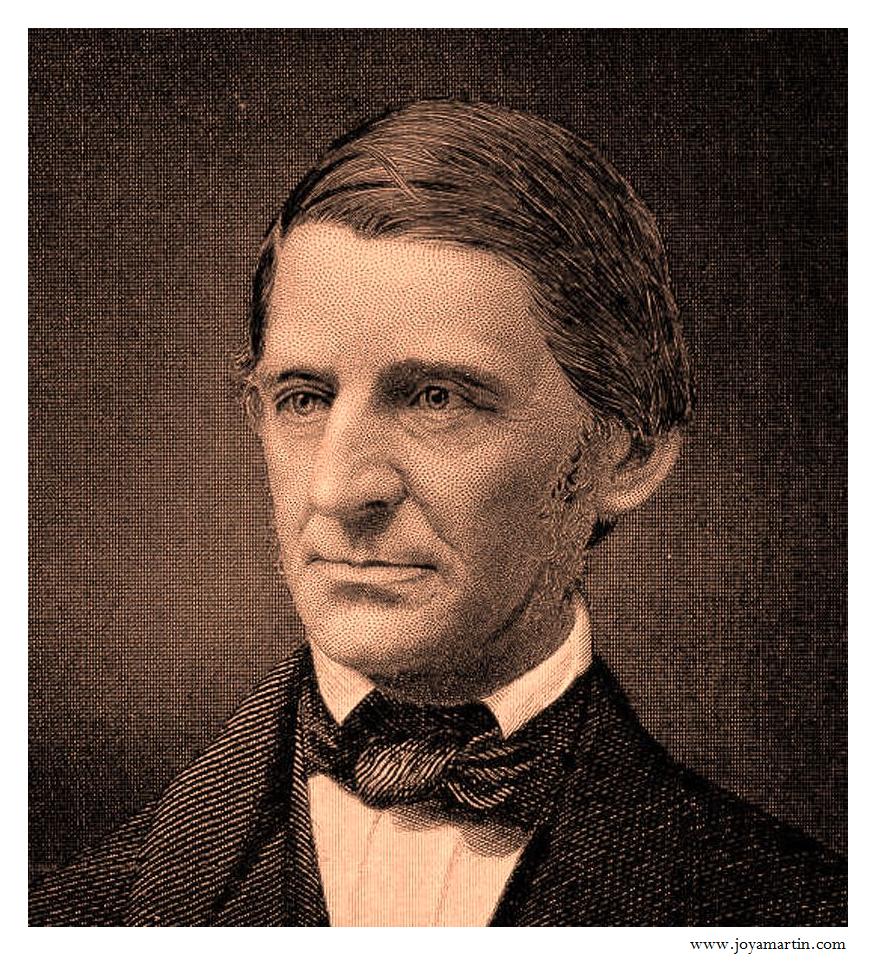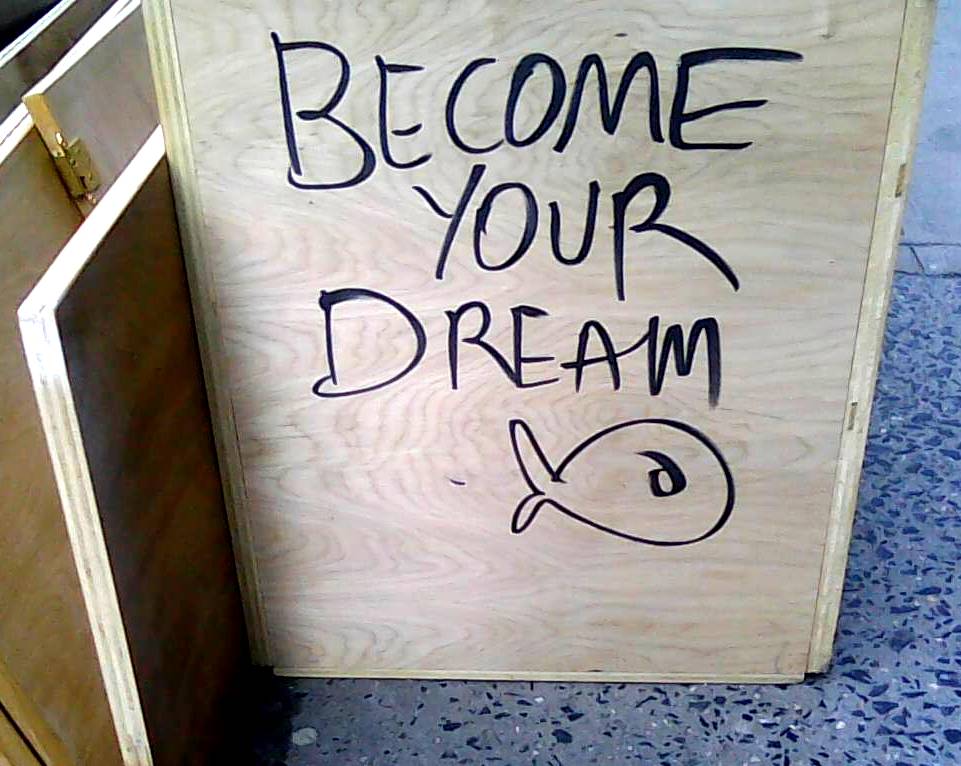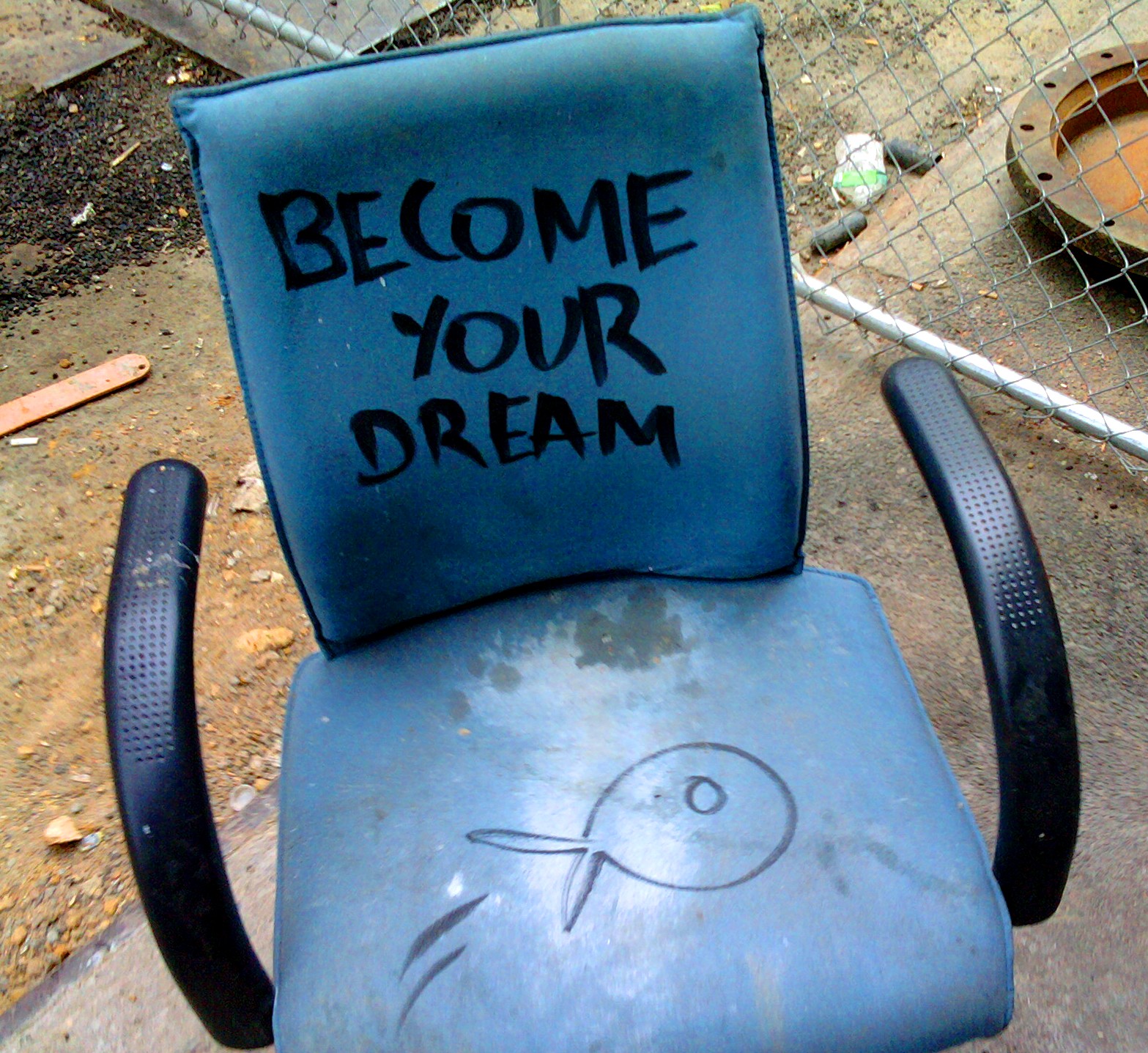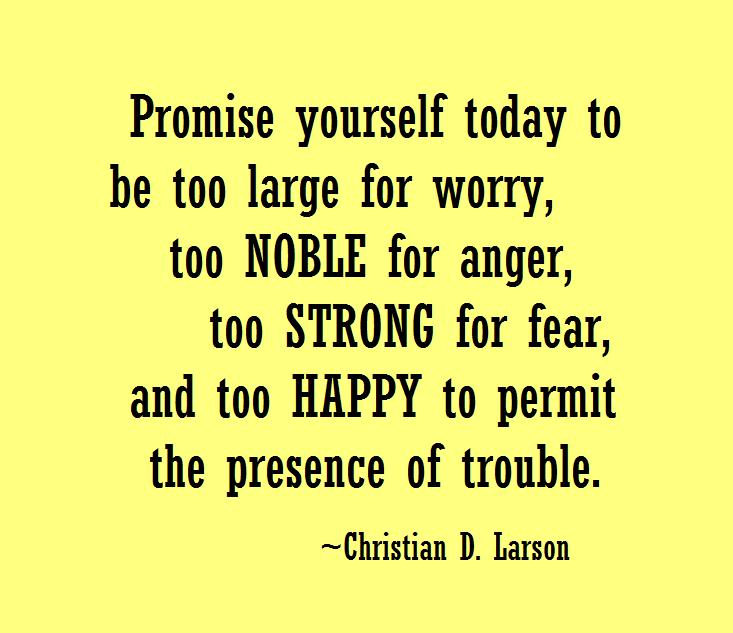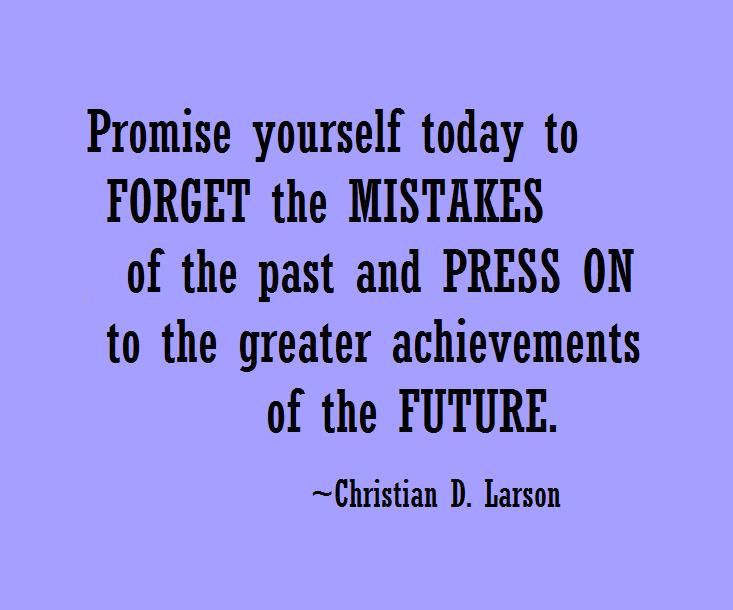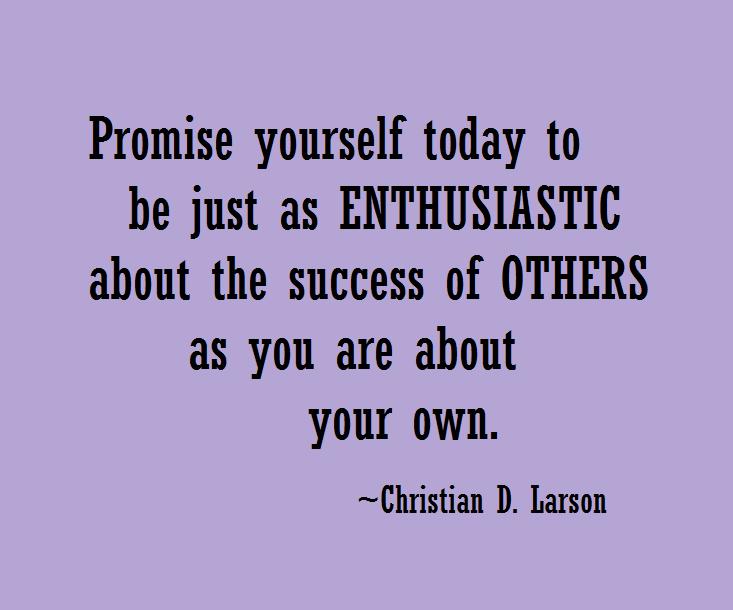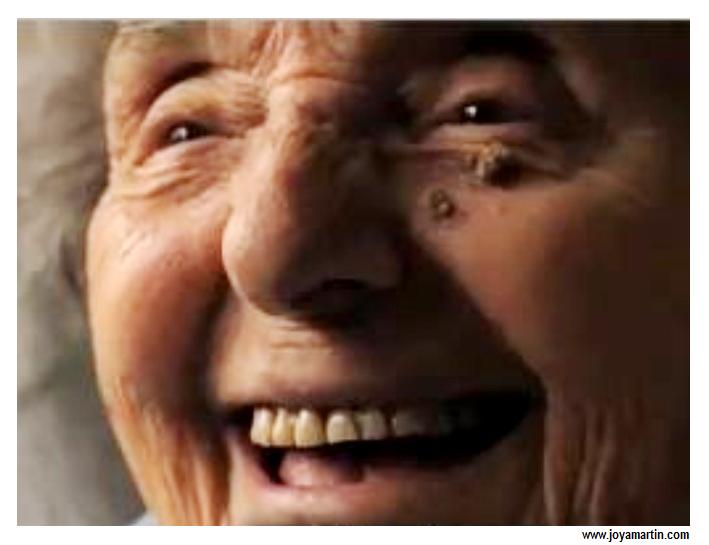
The oldest living Holocaust survivor
At 108 years old, Alice Herz-Sommer is both the world’s oldest Holocaust survivor and the world’s oldest concert pianist. She was eight years old when the Titanic sank, saw the start and end of the first world war, survived the atrocities of the Nazi prison camps, outlived her mother, husband and only son, and is a twenty-five year cancer survivor. Through unspeakable tragedy, Alice is still smiling, victorious over the anguish, pain and death that could have killed her shining spirit many decades ago. Alice is an incurable optimist.
A life of privilege
Alice Herz was born in Prague in November 1903, into a privileged secular Jewish family of five siblings. Her father, Friedrich, was a successful merchant and her mother, Sofie, was highly educated and moved in circles of well-known artists, composers and writers of the time. Alice started learning the piano from her older sister at 5 years old. At 16, she became the youngest student a the German Music Academy. Through hard work and enviable diligence, by the end of her teens, Alice had established a solid career for herself as a concert pianist and teacher. By her late twenties she was well-known throughout Central Europe. In 1931, Alice met and married Leopold Sommer, a kind-hearted business man and amateur musician, who spoke five languages. Alice fondly remembers him as “an extremely gifted man, extremely gifted”. Their son Raphael was born in 1937.
An idyllic life shattered
At the age of 35, Alice’s seemingly comfortable, secure and cultured existence was about to be shattered. Hitler’s army invaded Prague in March 1939; the Nazi occupation of Czechoslovakia had begun. “Everything was forbidden” Alice remembers,”we couldn’t buy groceries, take the tram, or go to the park.” Although for a while, Alice and her small family were allowed to continue living in their flat, they were surrounded by Nazis, and most Jews were sent to live in the ghetto. “We had to give away all our belongings. We had nothing.”
A bad situation became suddenly worse in 1942, when Sommer’s frail and sickly 72-year old mother was plucked from their lives and sent to a death camp. Soon after, Alice, her husband and 6 year old son were shipped off to the Theresienstadt concentration camp at the fortress town of Terezin. Described as a “purgatory for artists and musicians”, the camp housed the Jewish cultural elite of Europe. It was no spa town as advertised by the Nazis. There, she engaged in hard labor splitting mica chips for war production. They lived on watered down black coffee and watery soup. “we were so weak”, Alice remembers.
The highly-fortified and remote Terezin camp was used by the Nazis to fool the outside world. They allowed the Red Cross to visit three times per year, while in reality it was merely a transit camp to the gas chambers. Hitler’s army eventually tolerated cultural activities there, and used it to their own advantage. Jewish inmates were allowed to practice their music, and Alice gave over 100 concerts playing Beethoven, Bach and Schubert two or three times a week from memory to sick, hopelessly hungry and dying fellow inmates. “It was propaganda,” Sommer says. “This was something they could show the world, while in reality they were killing us.” But the music helped to sustain their souls. “There was no food. Music was our food. Through music we were kept alive” Alice recalls.
Redemption
In May 1945, the camp was liberated by the Russians. By then, it estimated that almost 140,000 Jews passed through Terezin to their deaths. Alice and Raphael were free. Alice’s husband had been sent to the notorious death camp, Auschwitz 8 months earlier, and although he survived his internment there, she would never see him again as he died of Typhus only six weeks before the end of the war.
Alice’s son was one of only 130 children known to leave Terezin alive of the over 15,000 children sent there during the war. Many died of starvation, cruelty and sickness, while the rest taken to deaths in the gas chambers. The survival of Alice’s son is the most extraordinary testament to her unwavering optimism. Alice remembers Raphael would keep asking, ‘What is war? Why are we hungry?”, as hundreds and hundreds died around them every day. Alice recounts, “it’s not easy for a mother to see her child crying, and to know that she does not even have a little bread to give him.” “But… I shielded him” she states triumphantly. “We were always talking and laughing”. “Never did I let my son see my fear or worry. Laughter was our only medicine.” And even after the nightmare was over, Alice says “I never spoke a word about it because I didn’t want my child to grow up with hatred because hatred brings hatred. I succeeded. And I never hated either, never, never.”
Alice moved to Israel in 1949 where she lived for almost 40 years before her son convinced her to join him in London in 1986. In 2001, Raphael, who had gone on to study at the Paris Conservatory and to become a celebrated professional solo cellist, died suddenly of an aneurism while on tour at the age of 65.
Alice today
Today, living in a cozy one-room flat in London, Alice is contented with life, and still smiling. She sticks to her daily routine with ferocious discipline, starting her piano at 10am sharp. “I have trouble moving these two fingers,” she says smiling, slightly embarrassed. She was swimming daily up to the age of 97. She also reads every day, holding a giant magnifying glass. She takes long walks daily, shunning both walker and hearing aid, and still cooks for herself. “If Hitler could have heard me playing my music I’m sure he would have been a better man.”
At 108, Alice is still witty and coherent, even flirtatious, with a ready laugh. When asked the secret to her long life, Alice responds, “in a word: optimism. I look at the good. When you are relaxed, your body is always relaxed. When you are pessimistic, your body behaves in an unnatural way. It is up to us whether we look at the good or the bad. When you are nice to others, they are nice to you. When you give, you receive.” Even at her advanced age, Sommers’ joy for living still shines through “I have lived through many wars and have lost everything many times… Yet, life is beautiful, and I have so much to learn and enjoy. I have no space nor time for pessimism and hate.” Alice is not afraid of death, she says “when I die I can have a good feeling. I believe I lived my life the right way.”
Alice’s Survival Lessons
Here are 8 lessons we can learn from the life of this extraordinary woman:
1. Learn, learn, learn.
Alice’s mother had a love of learning and instilled in her children a desire to hungrily pursue knowledge, “to learn, to learn, to learn, to know, to know” Alice remembers. All through her life, it is the strength of Sommers’ mind that sustained her. She believes in putting something in your mind everyday that no one can take from you. Up to the age of 104, Alice would make the trek three times per week to a nearby university to study history, and philosophy. Even now, every Saturday, she keeps her intellectual brain limber by playing Scrabble with a friend.
2. Be disciplined. Work hard.
According to Alice, “Work is the best invention, the best.” Even past the age of 100, playing the piano is still a discipline for her. Every day she starts with an hour of Bach followed by the rest of her pieces, in order not to forget. It is not easy, and she has to play with only eight of her fingers. But, she says “It makes you happy to have something”. According to Alice, we must always be purposefully engaged. “The worst thing is life, in my opinion, is boredom – when people don’t know what to do with themselves”. Alice asserts, “boredom is dangerous”. When it comes to diet, Alice applies discipline, too. “For 30 years I have eaten the same, fish or chicken. Good soup, and this is all. I don’t drink, not tea, not coffee, not alcohol. Hot water.” As for exercise, even at her age, Alice says “I walk a lot with terrible pains, but after 20 minutes it is much better. Sitting or lying is not good.”
3. Laugh.
Alice’s strategy has not only been to think happy thoughts, but to show it by laughing. She is convinced this is what kept her young son alive, even as he witnessed daily atrocities for two years in the Nazi camps. “Everything is good and bad. So look at the good side and laugh.” “And I was always laughing – even there, I was always laughing.” Many people may have called Alice’s attitude fake along the way, or even accused her of being in denial, but Alice has had the last laugh, and the best.
4. Look inside yourself for strength.
Alice’s bond with her mother was so strong, that when Alice’s mother was taken away by the Nazis, she experienced grief that she thought would crush her. A small voice within told her that the strength to overcome would not come from outside help, not from her friends, her husband or her son. “You alone can help yourself”, Alice remembers stoically. She found that strength by rigorously practicing “for hours and hours” one of the most technically challenging pieces for any pianist, Chopin’s ’24 Etudes’. Her ability to master the difficult music led to her conquering her grief.
5. Don’t complain.
Complaining about a situation never ever changes it. Alice cautions: “All that complain, ‘This is terrible’, it’s not so terrible after all. Complaining changes nothing.” “When you are not complaining…everybody loves you.”
6. Be optimistic. Look for the good things.
“Every day in life is beautiful – if we only look up from our reality”, Alice admonishes. Pessimists “wait for catastrophes, and sometimes the catastrophes come” she says, almost mockingly. “Always look for the good things in life: the world is wonderful, it’s full of beauty and miracles.” Alice credits her longevity to her optimism, saying “this is the reason I am so old, I know about the bad things but I look only for the good things.” “I think about the good. That takes a lot of practice.”
7. Never hate.
“When you know history – wars and wars and wars … It begins with this: that we are born half-good and half-bad – everybody, everybody. And there are situations where the bad comes out and situations where the good comes out.” Alice zealously expresses. “Never, never hate. I don’t hate the Germans. They are wonderful people, no worse than others. Evil has always existed and always will. It is part of our life.” As for Hitler, Sommer dismisses him simply as “a madman”. “I never hate. I will never hate. Hatred brings only hatred.”
8. Be grateful.
When asked what the greatest lesson of her life has been, Alice’s reply is “thankfulness”. “Be thankful for everything, being in good health, seeing the sun, hearing a nice word”, Alice advises. She laments, “Young people take everything for granted… There is electricity, cars, telegraph, telephone, Internet. We also have hot water all day long. We live like kings.” Alice is even thankful for her experience in the camp. “I am thankful to have been there… I am richer than other people.” And to sum her 108 year, Alice says “I have had such a beautiful life”. And when asked about her philosophy of life in a nutshell, this peerless lady surmises simply: “Everything we experience is a gift. Everything is a present.”
For more on Alice Herz-Sommer’s inspiring life, I recommend Caroline Stoessinger’s biography ‘A Century of Wisdom: Lessons from the Life of Alice Herz-Sommer, the World’s Oldest Living Holocaust Survivor ‘.
‘.








